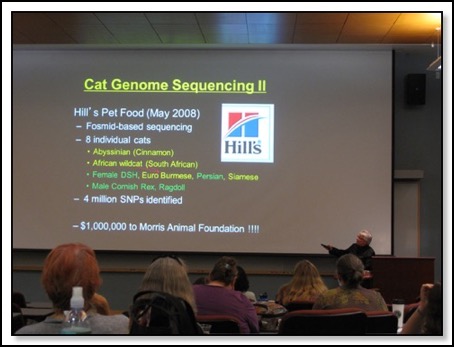Genetics
Genetic Ancestry of Scandinavians
07/01/23 09:39 Filed in: History
In a new international study, researchers found that DNA from archeological remains reveals exceptional immigration to Scandinavia during the Viking era.
Researchers say that the Viking Age left an imprint on the genetics of present day Scandinavians. The authors analyzed 297 ancient Scandinavian genomes dating back two millennia with the genomic data of 16,638 present-day Scandinavians. Women from the east Baltic region and, to a lesser extent, the British and Irish isles contributed more to the gene pool of Scandinavia than the men from those regions during that time.
"With this level of resolution, we not only confirm the Viking Age migration. We are also able to trace it to the east Baltic region, the British-Irish Isles, and southern Europe," Ricardo Rodríguez-Varela of the Centre for Palaeogenetics said in a statement.
"But not all parts of Scandinavia received the same amounts of gene flow from these areas. For example, while British-Irish ancestry became widespread in Scandinavia, the eastern Baltic ancestry mainly reached Gotland and central Sweden." The study also found that British-Irish ancestry was widespread in Scandinavia starting during the Viking Age, which extended from about 750 to 1050 A.D. The authors said that eastern Baltic ancestry was found to be more localized to Gotland, Sweden's largest island, and central Sweden. "The increase of eastern Baltic ancestry in these regions during the Viking Age is consistent with historical sources attesting to contacts such as tributary relations and treaties," Rodriguez-Varela, one of the study's leaders, said. "Therefore, we don't see any evidence with the present data to support that women were abducted and brought back during raids."
While ancestry from southern European locations like Sardinia was concentrated in people in southern Scandinavia, the group determined that modern Scandinavians have less non-local ancestry than Viking Age samples.
Researchers say that the Viking Age left an imprint on the genetics of present day Scandinavians. The authors analyzed 297 ancient Scandinavian genomes dating back two millennia with the genomic data of 16,638 present-day Scandinavians. Women from the east Baltic region and, to a lesser extent, the British and Irish isles contributed more to the gene pool of Scandinavia than the men from those regions during that time.
"With this level of resolution, we not only confirm the Viking Age migration. We are also able to trace it to the east Baltic region, the British-Irish Isles, and southern Europe," Ricardo Rodríguez-Varela of the Centre for Palaeogenetics said in a statement.
"But not all parts of Scandinavia received the same amounts of gene flow from these areas. For example, while British-Irish ancestry became widespread in Scandinavia, the eastern Baltic ancestry mainly reached Gotland and central Sweden." The study also found that British-Irish ancestry was widespread in Scandinavia starting during the Viking Age, which extended from about 750 to 1050 A.D. The authors said that eastern Baltic ancestry was found to be more localized to Gotland, Sweden's largest island, and central Sweden. "The increase of eastern Baltic ancestry in these regions during the Viking Age is consistent with historical sources attesting to contacts such as tributary relations and treaties," Rodriguez-Varela, one of the study's leaders, said. "Therefore, we don't see any evidence with the present data to support that women were abducted and brought back during raids."
While ancestry from southern European locations like Sardinia was concentrated in people in southern Scandinavia, the group determined that modern Scandinavians have less non-local ancestry than Viking Age samples.
Comments
Genetics and Dr. Leslie Lyons
08/09/14 16:08 Filed in: Animal Kingdom
While at the conference, I was able to do a podcast interview with Dr. Leslie Lyons. She is a renowned geneticist who is now located at the University of Missouri. She has done amazing work in the genetics field of cats. Her lab has found a number of important mutations that they have developed genetic tests to find these mutations. Here is Dr. Lyons talking about some of the early genomic work to sequence the cat genome. Winn Feline Foundation has been active in supporting this area.


Neanderthals and Humans
01/02/14 20:52 Filed in: Animal Kingdom
I read an interesting science article discussing where Neanderthals and Humans were close in sharing genetic material and more detail on where the divergence most likely happened. They believe that the level of shared genes is at about 2%, more found in non-African people and essentially very little relationship with African people to Neanderthals. Some of the alleles that control addiction to smoking, Type II Diabetes, and some other diseases appear to have some coverage between the groups. They believe any interbreeding between Humans and Neanderthals occurred near the end of our divergence. One can find more details in the article found here.

